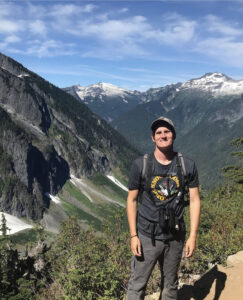 How old were you when you started Camp?
How old were you when you started Camp?
I was 10 years old!
How were you introduced to Coniston?
Both of my parents went to summer camp and wanted me to have the summer camp experience, too; however, for various reasons attending either of the camps they had gone to as children wasn’t going to work. So, my mom turned to Google and started researching summer camps in New England. After extensive research, she landed on Coniston. When I came here as a camper for the first time I knew no one.
Did you attend college, and if so, what did you study?
Yes! I studied Biology and Environmental Science at the College of William & Mary!
What is your current job?
I am a high school biology and environmental science teacher.
Absolutely. I never had an interest (that I was aware of) in teaching. Truthfully, for a long time, I didn’t think all that highly of the career of teaching because of my perception of teachers as people who “couldn’t make it” in the “real world”, and because of the low pay. Because of that mentality and a focus on biological research while an undergraduate, I never took any classes in education, secondary or otherwise. When I threw myself into teaching I leaned on the only substantial experience I had working with kids, which was being a camp counselor at Coniston. I like to think that I teach like a camp counselor in that I try to do little things to keep life in the classroom light and fresh, and I tend to focus heavily on social-emotional education. The actual nuts and bolts of teaching, such as curriculum and lesson planning, I have been figuring out as I go. For the record, I now think teaching is an incredible career that can be incredibly difficult but also extremely rewarding.
I also believe that Coniston increased my willingness to take risks, like beginning a new career with close to zero preparation. As a 16-year-old at the CIT-led vespers, every CIT was tasked with sharing one sentence about how their time at camp had influenced them. The one sentence of wisdom that I shared was, “At camp I have learned to become comfortable going outside of my comfort zone”, meaning that taking big risks and jumping headfirst into the unknown was something that I felt more confident in doing. I strongly believe that this mentality developed at camp has played a large role in my career and life in general.
Thinking on my feet! Expressing gratitude. Working with children. Collaboration. Being creative. Working while exhausted. Listening to and empathizing with others. Building relationships.
Thanks to the annual schedule of a teacher, I have been able to return to camp after a 7-year hiatus, so I have many fresh memories to pull from as well as older ones from my time as a cabin counselor. At this point, it’s easiest for me to identify what has been most impactful to me over the past two summers from my time working in the kitchen and as the camp naturalist since those experiences are freshest in my mind. For myself and many of my friends, the stress, isolation, and uncertainty of the pandemic caused me to become more reserved and withdrawn and dulled my social skills. Returning here to this environment of constant interaction with friendly, kind, and interesting people has helped me redevelop and build on atrophied interpersonal skills.
My memories now are not so much specific big events, but a mosaic of smaller events and conversations with dozens of people on hundreds of occasions. That being said, there are some sunset paddles, reunions, and social events that I will remember for a long time. I also have loved sharing memories with others. This summer, for example, a former cabin counselor of mine from my last year as a camper, Steve Dacey, visited for an afternoon. I enjoyed sharing with him my memory of the overnight solo our cabin had on top of Penny Royal during the Perseid meteor shower and how I remember my cabinmates and myself being very open and vulnerable with each other.

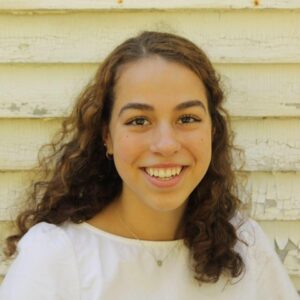
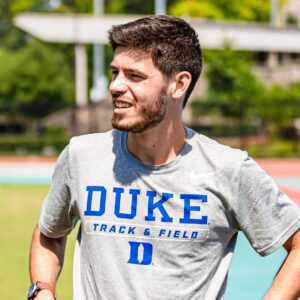
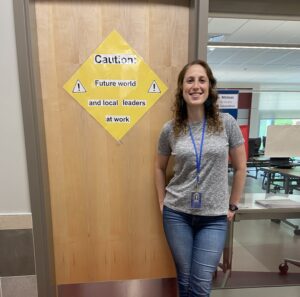 How old were you when you started Camp?
How old were you when you started Camp?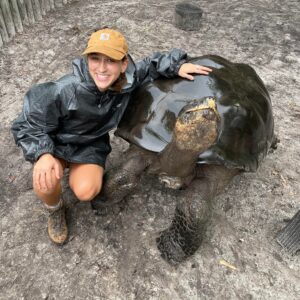 How old were you when you started Camp?
How old were you when you started Camp?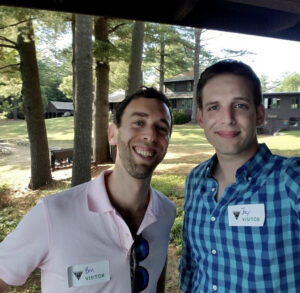 How old were you when you started Camp?
How old were you when you started Camp?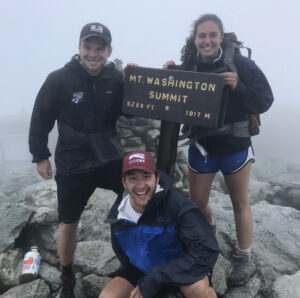 How old were you when you started Camp?
How old were you when you started Camp?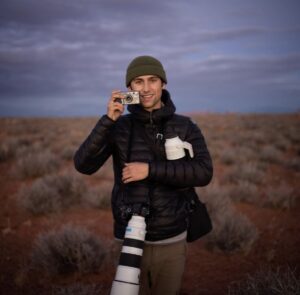 How old were you when you started Camp?
How old were you when you started Camp?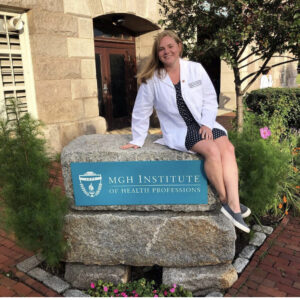 How old were you when you started Camp?
How old were you when you started Camp?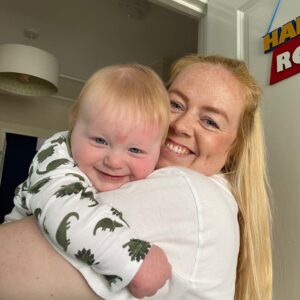 How old were you when you came to Camp and what was your job role?
How old were you when you came to Camp and what was your job role?